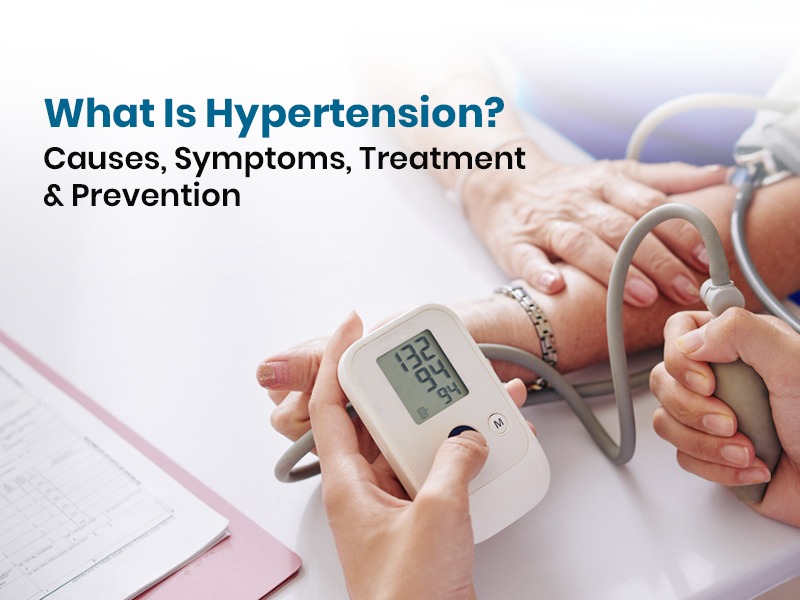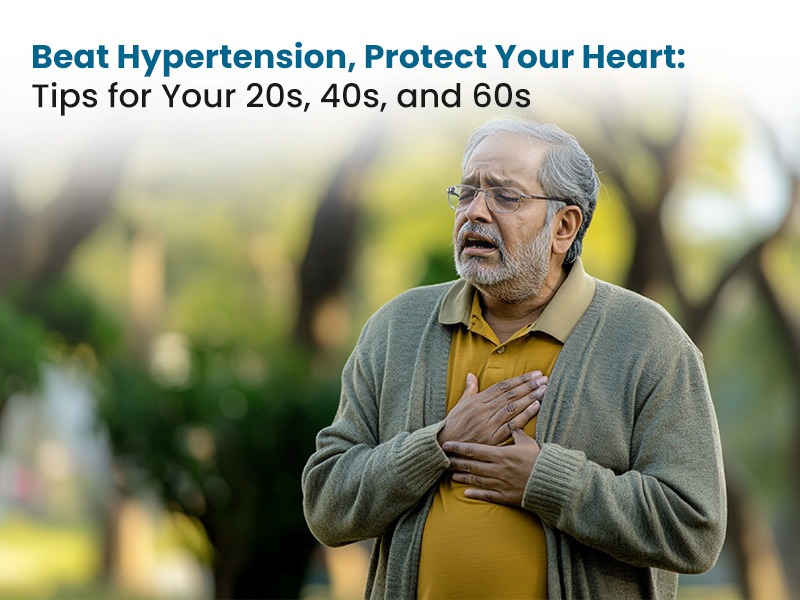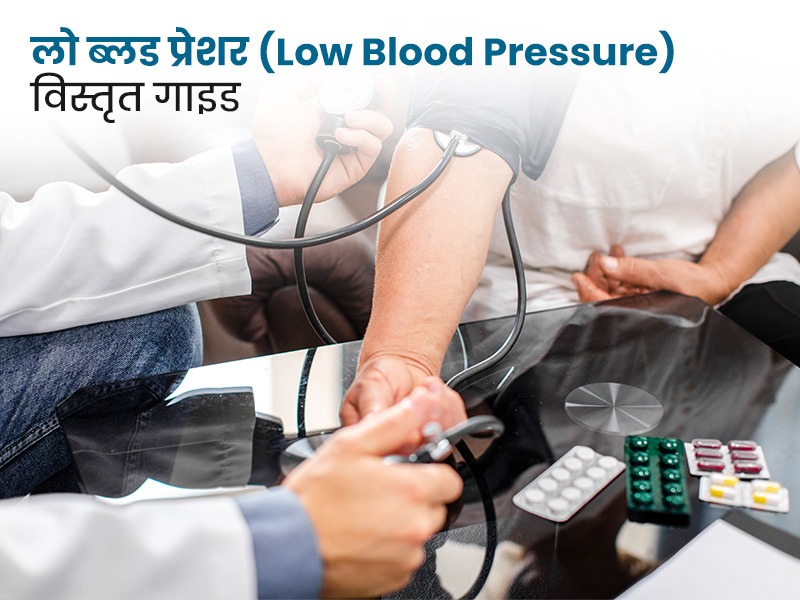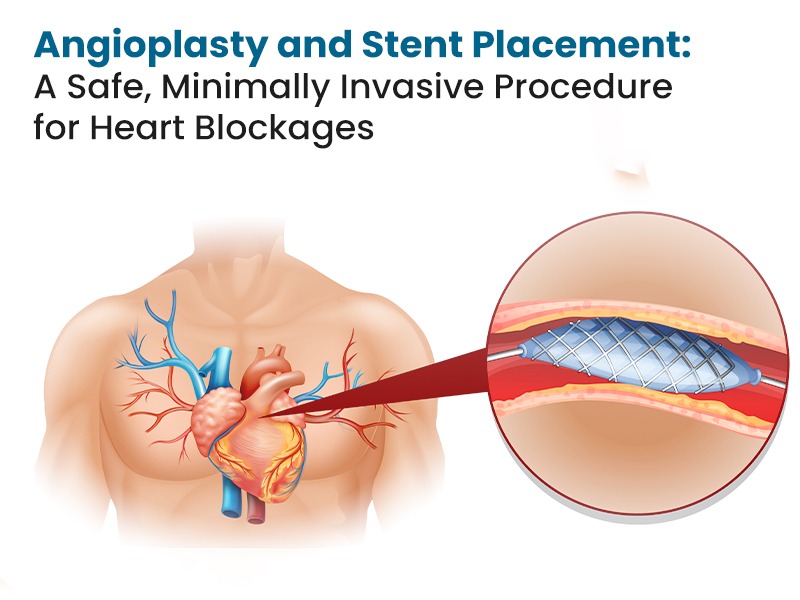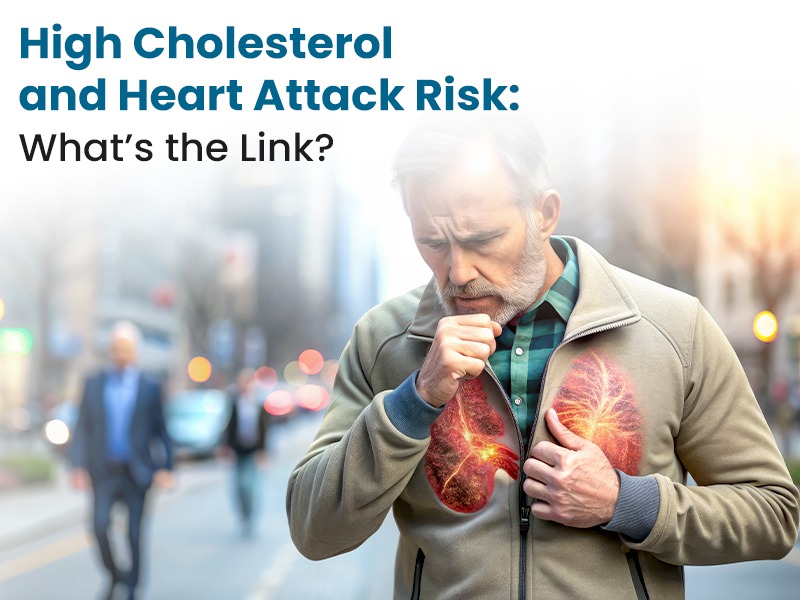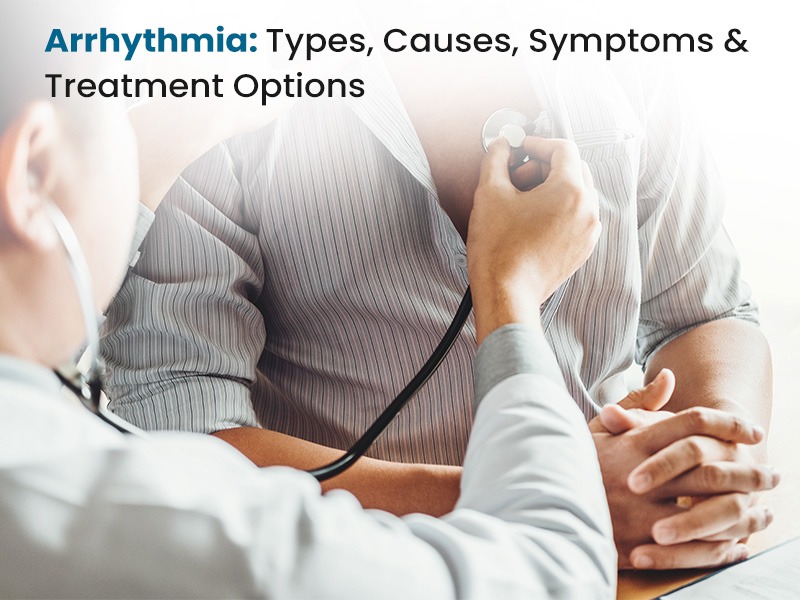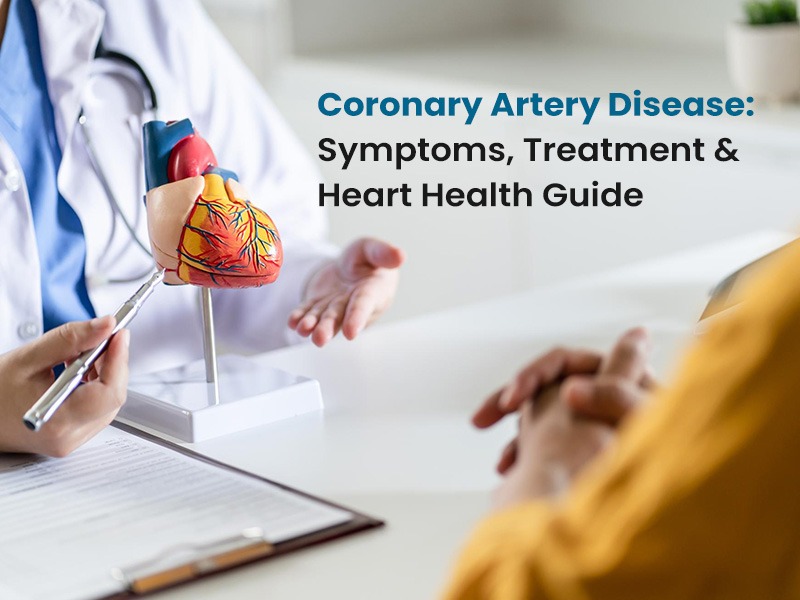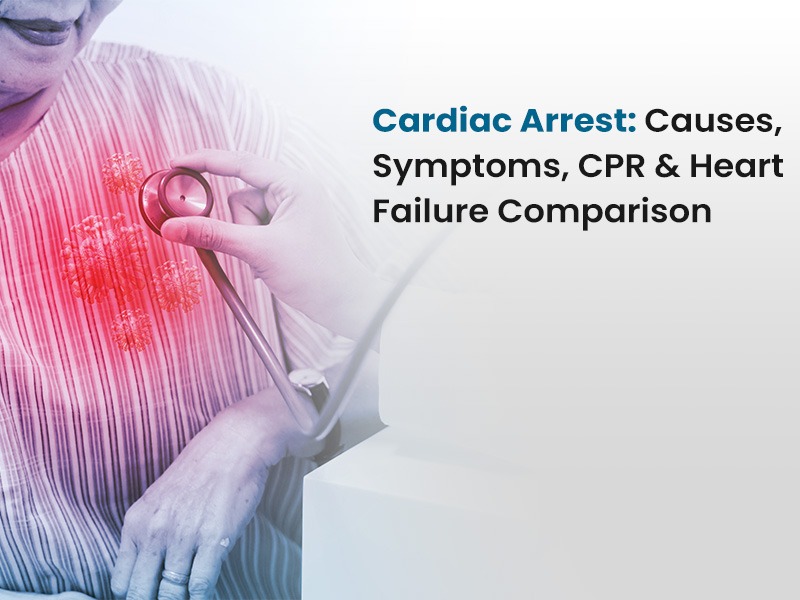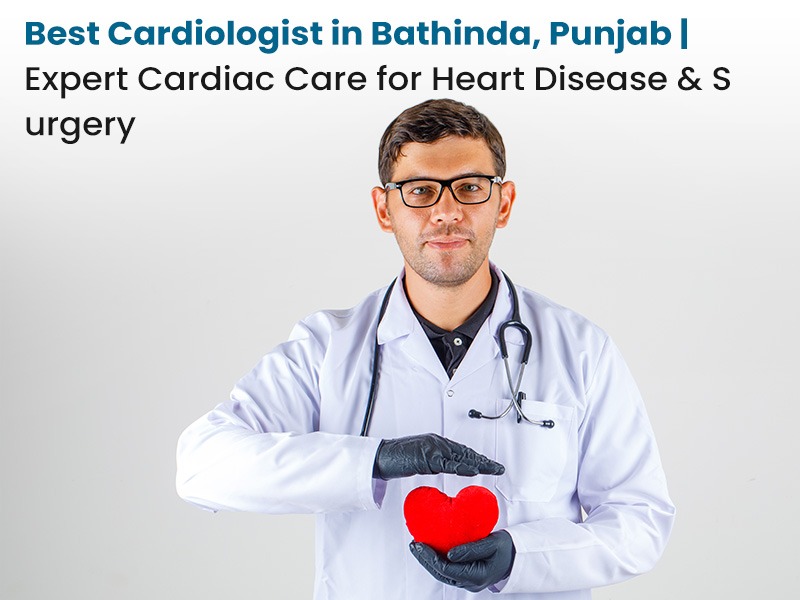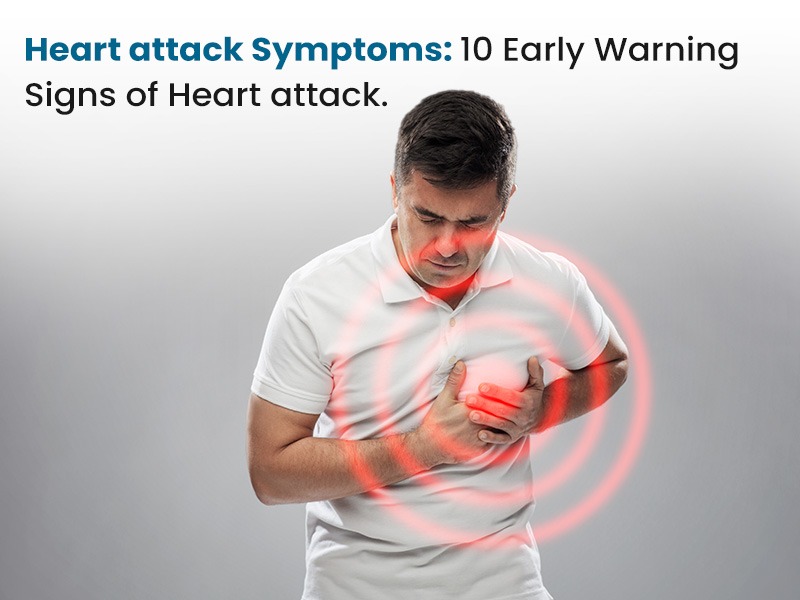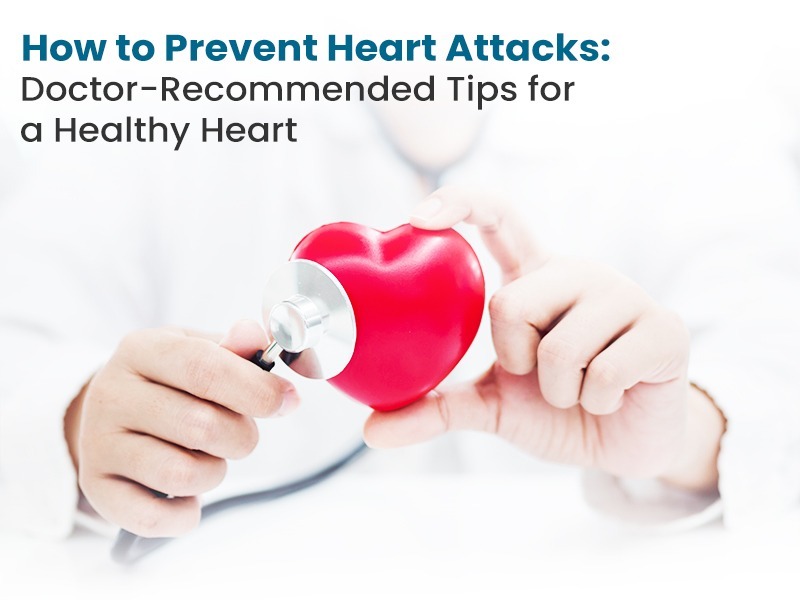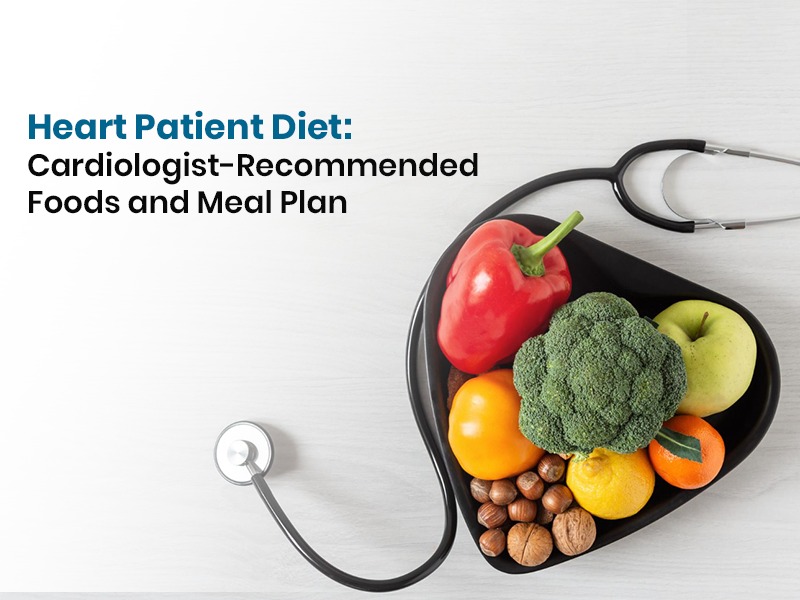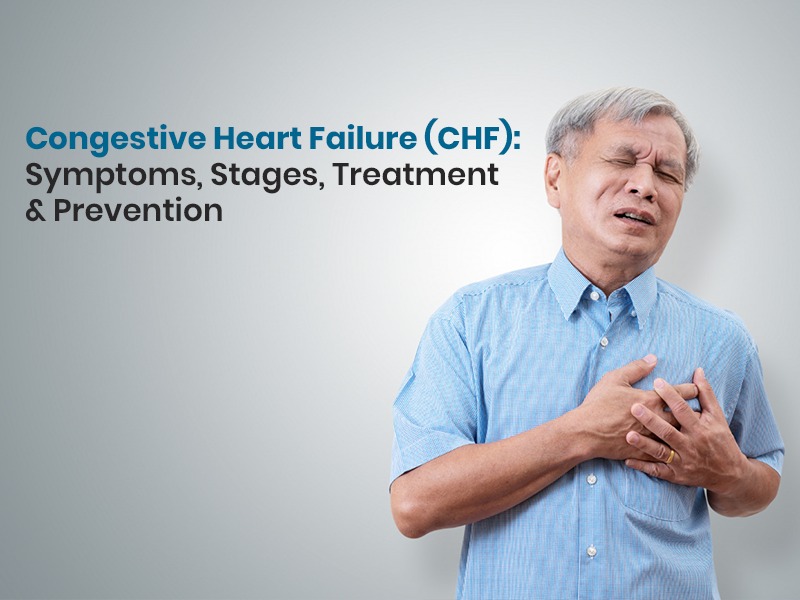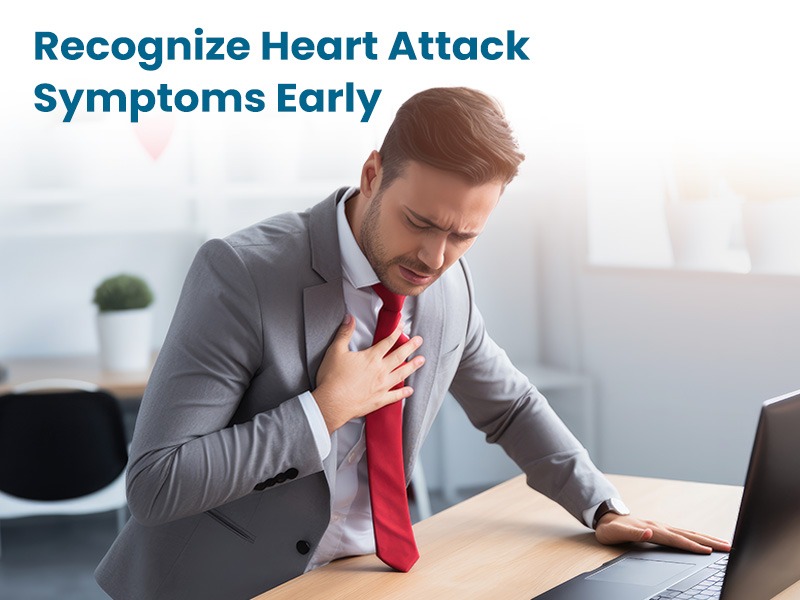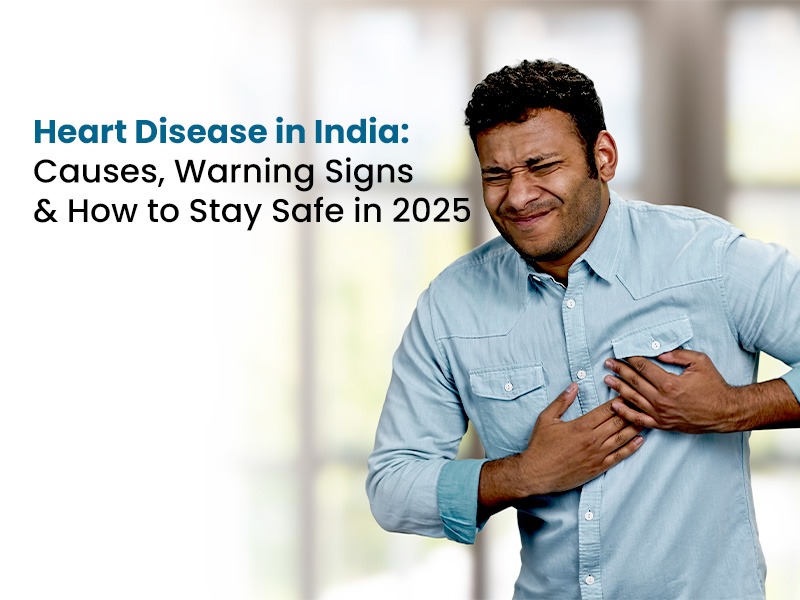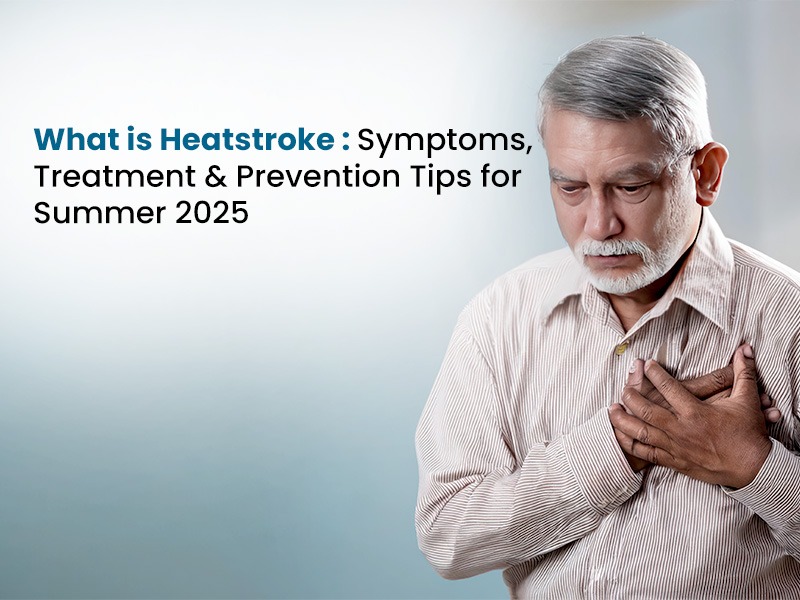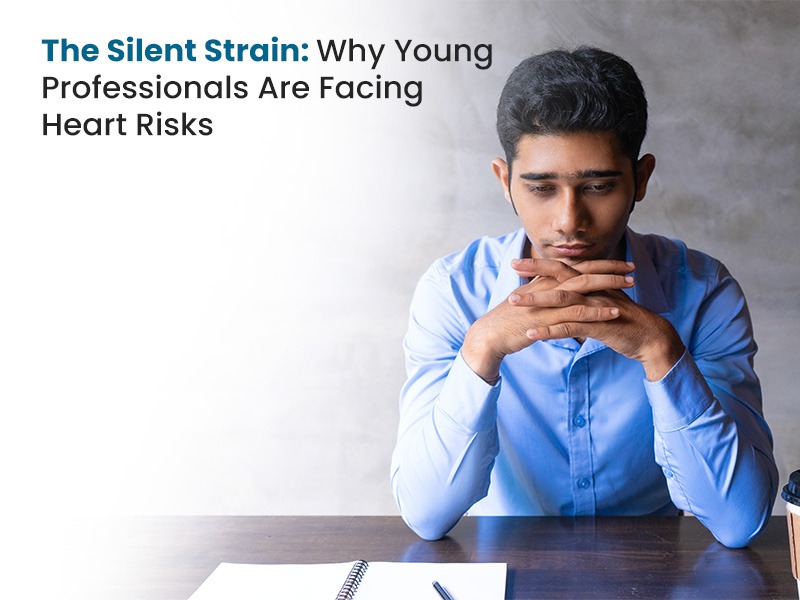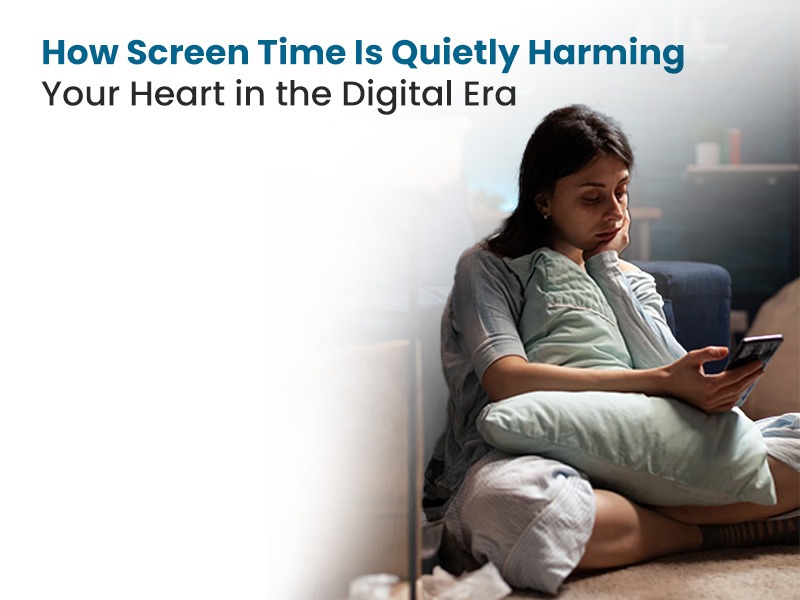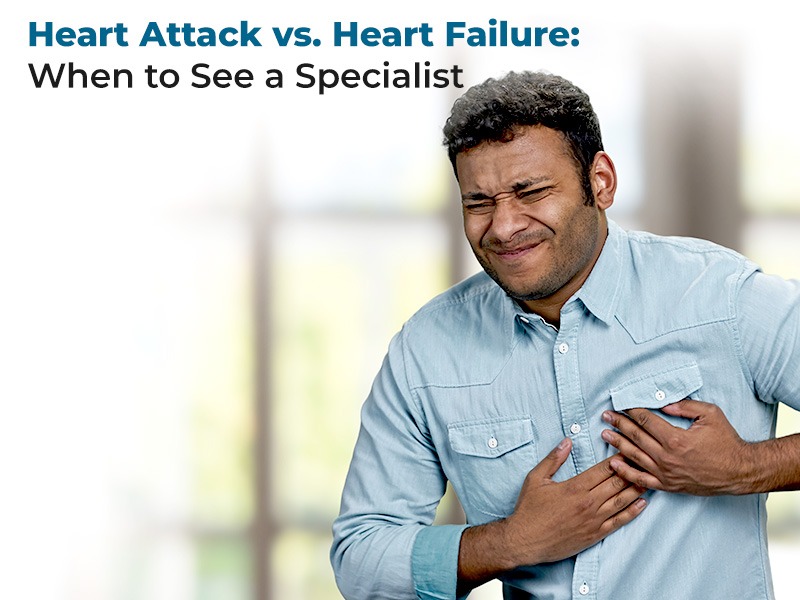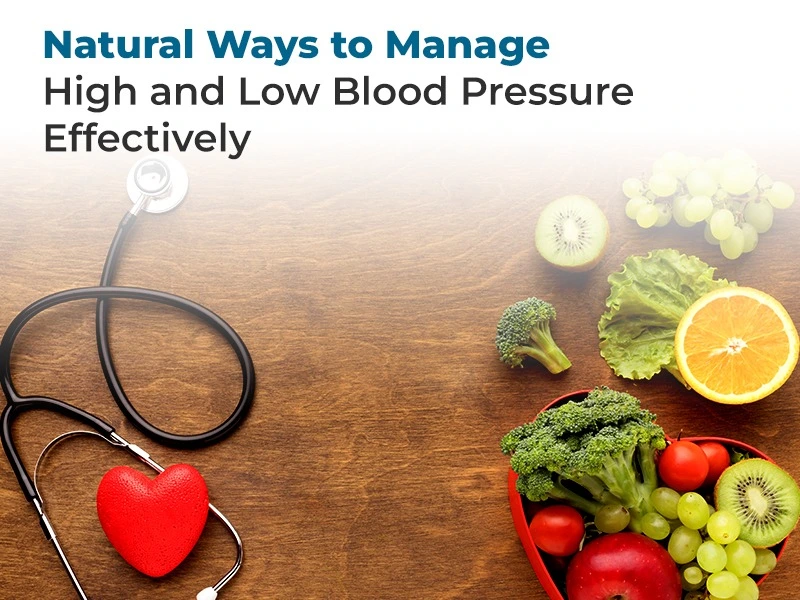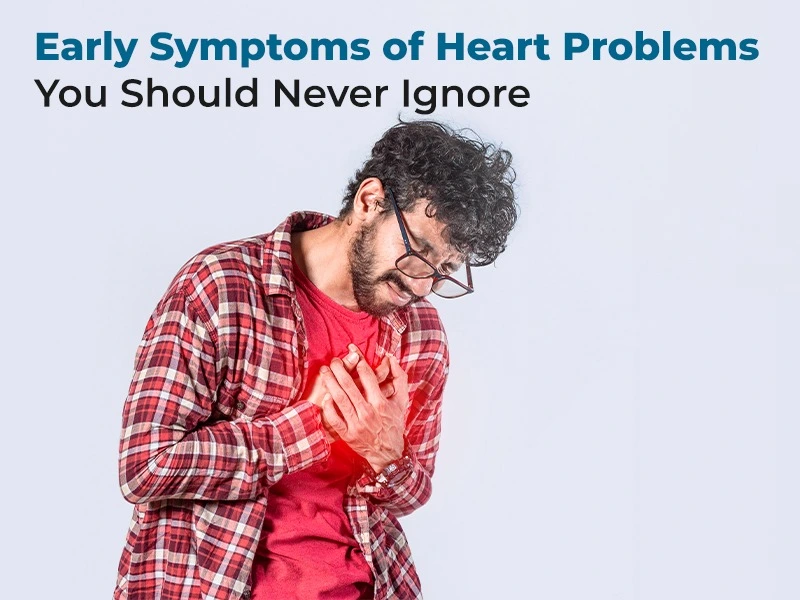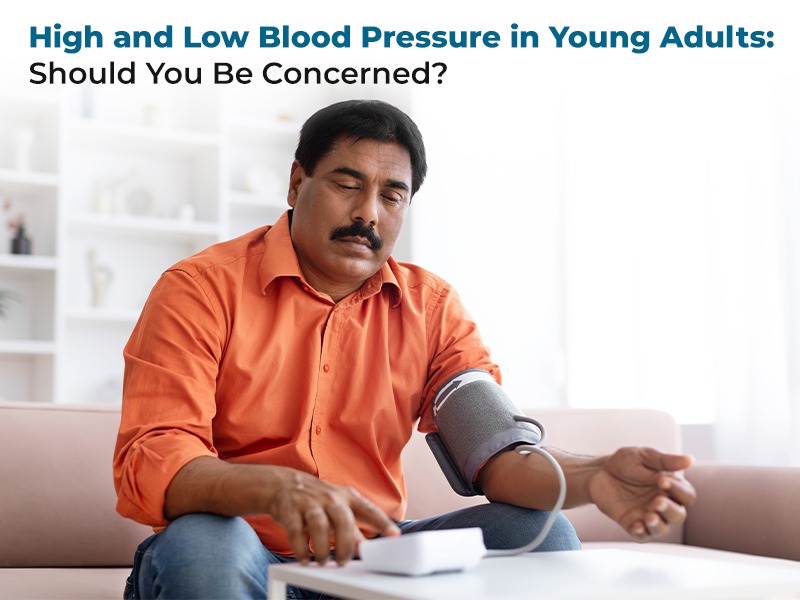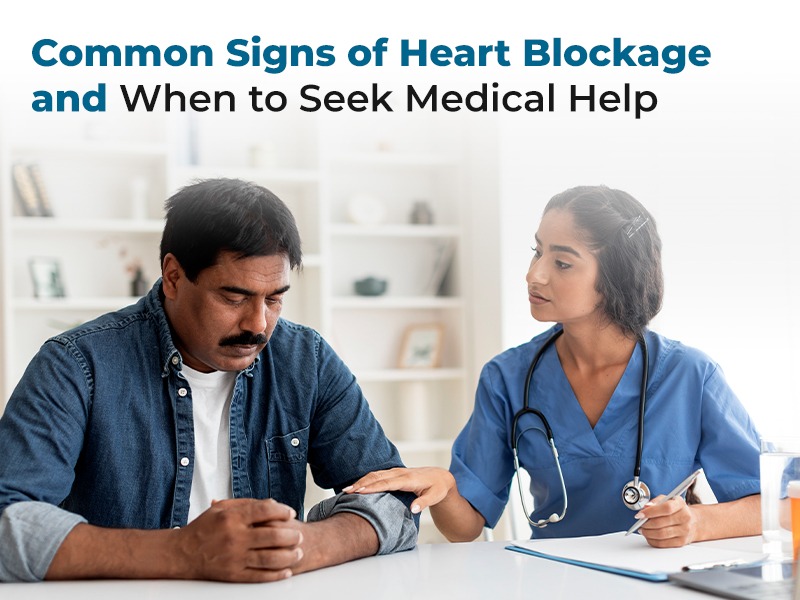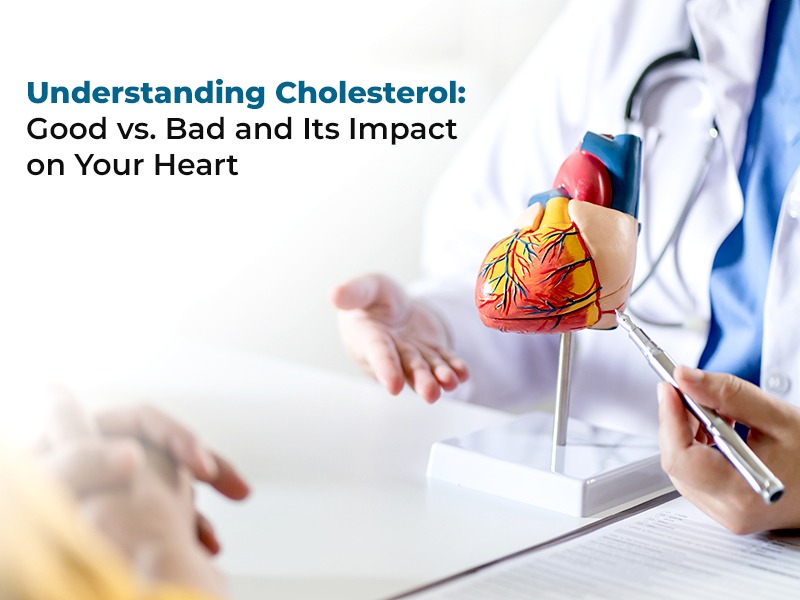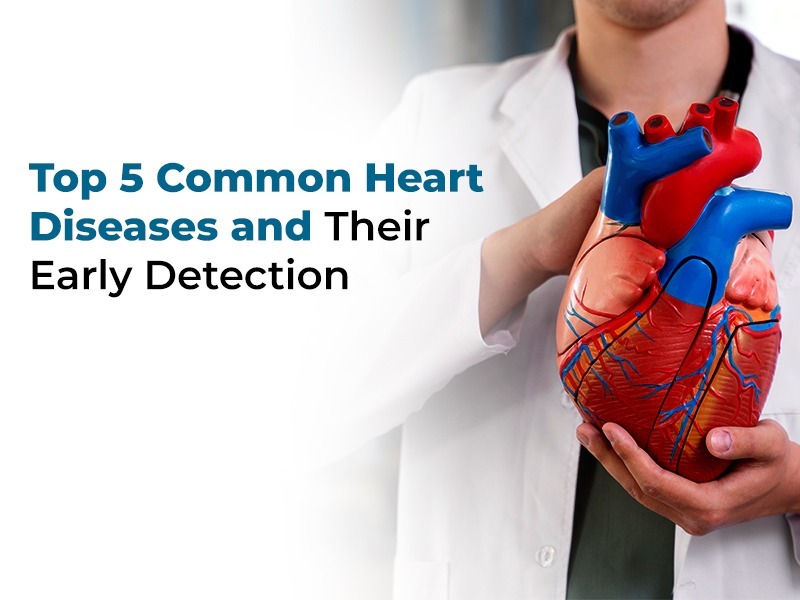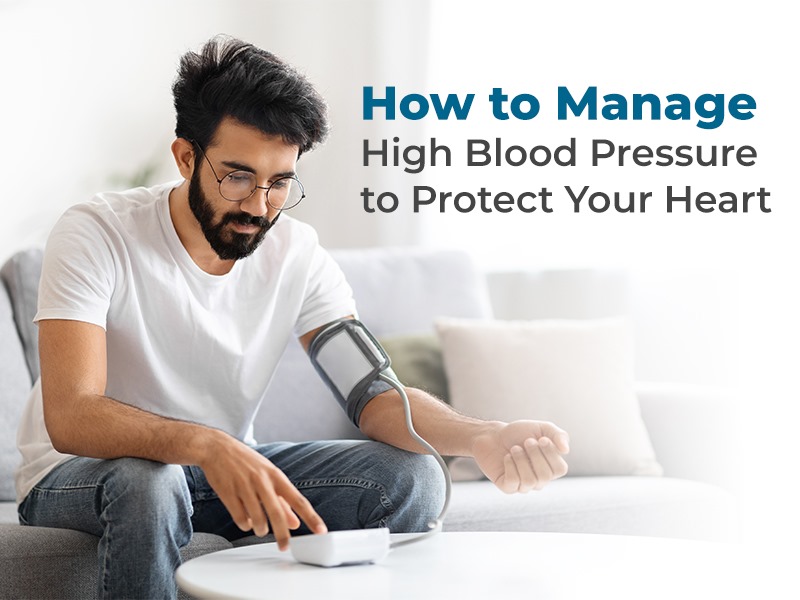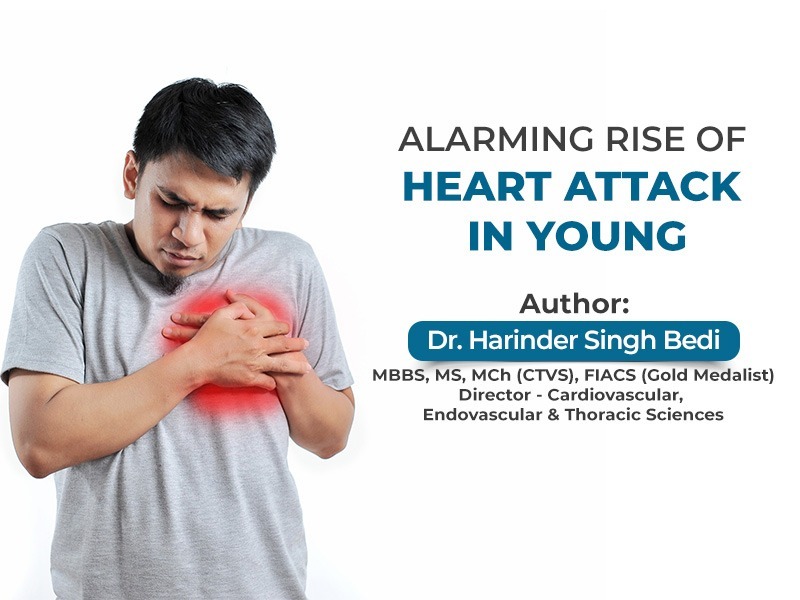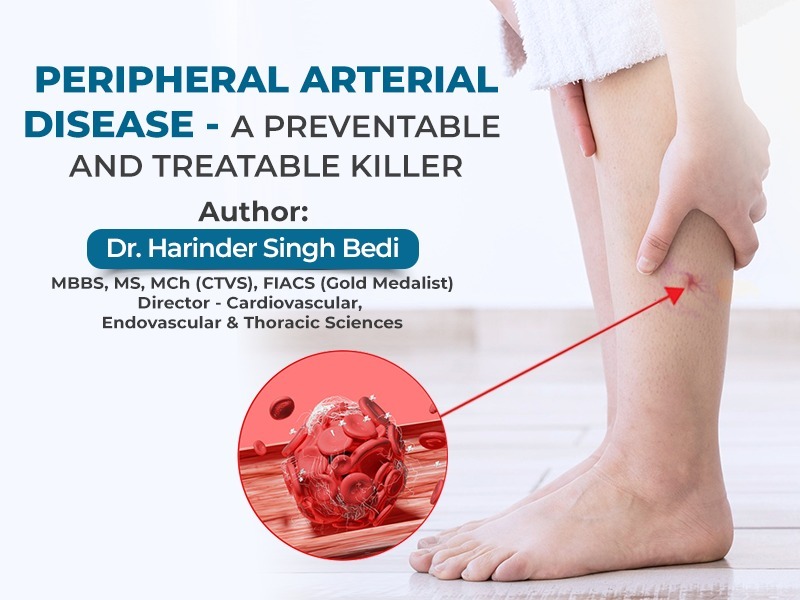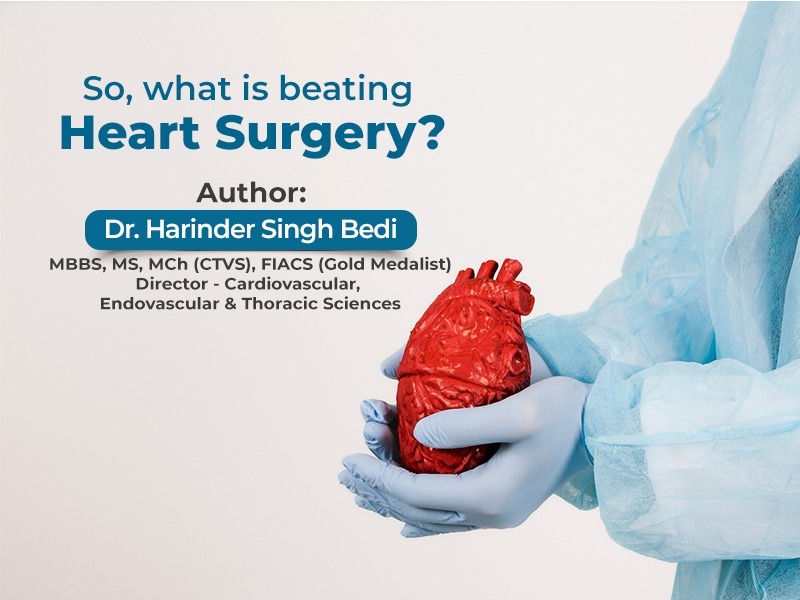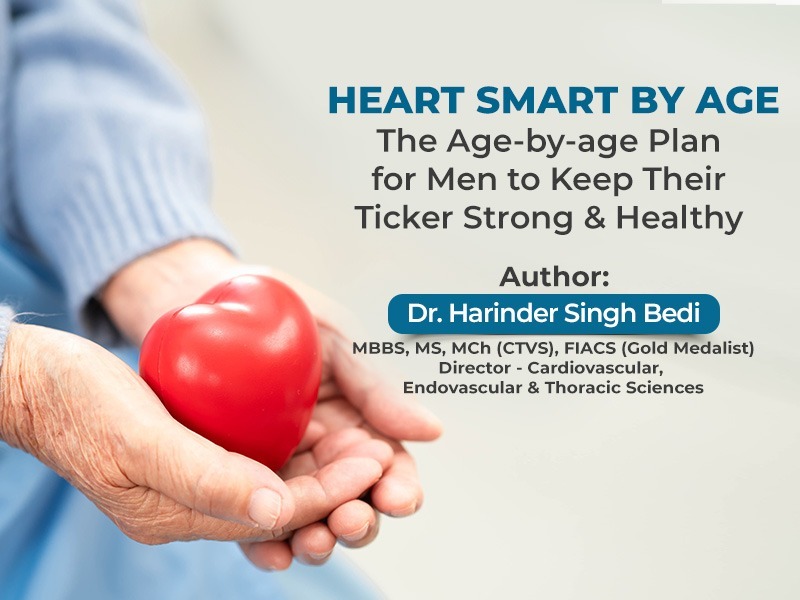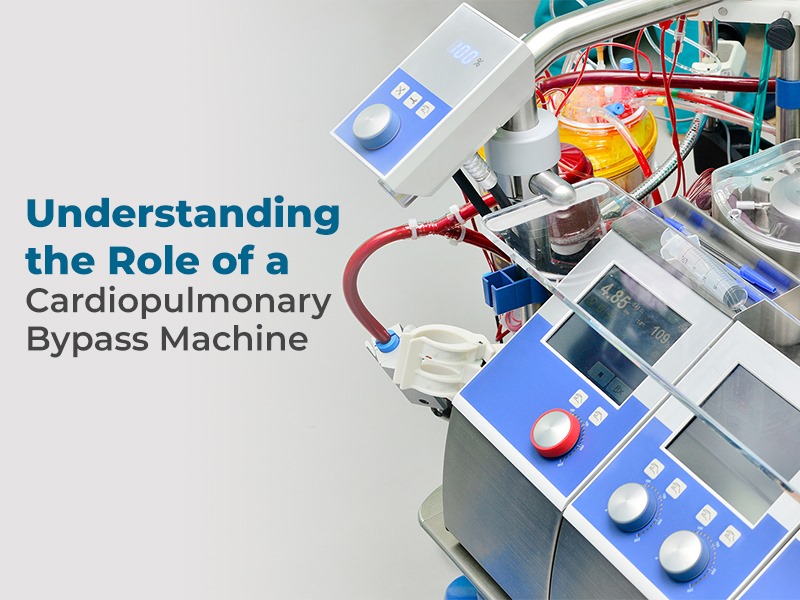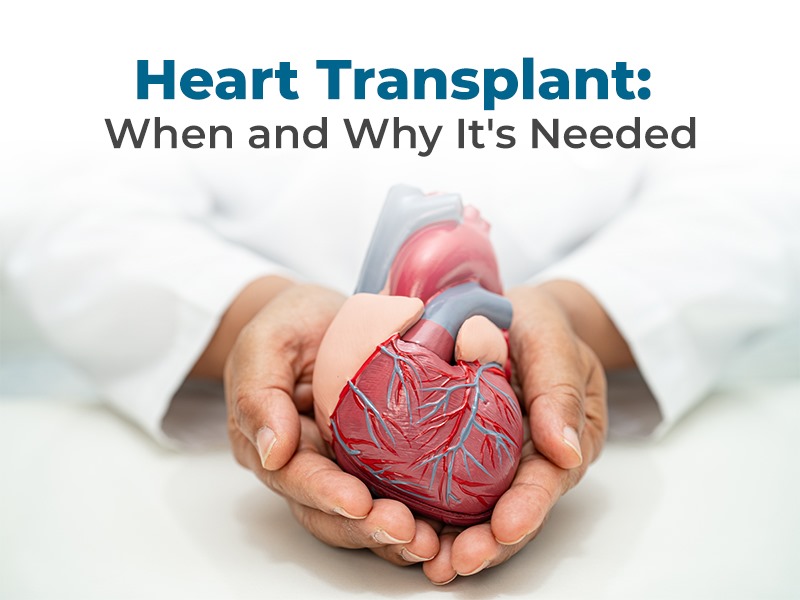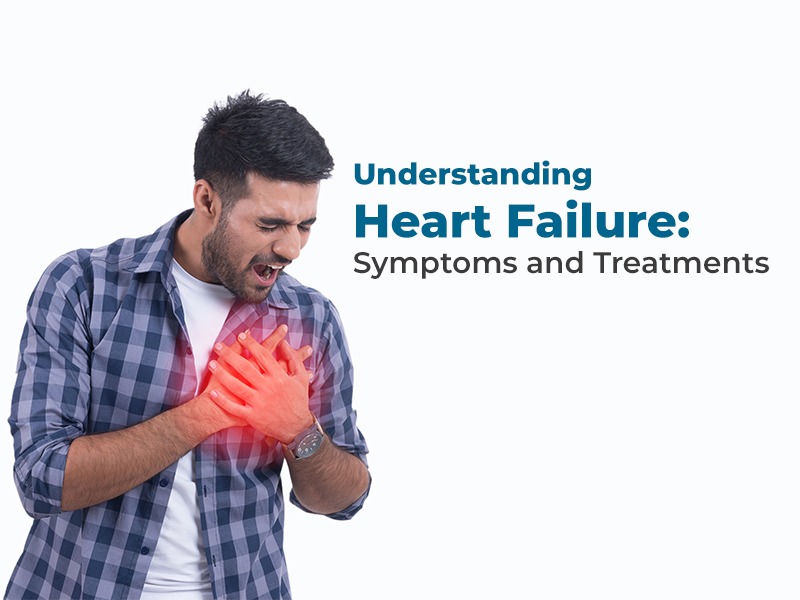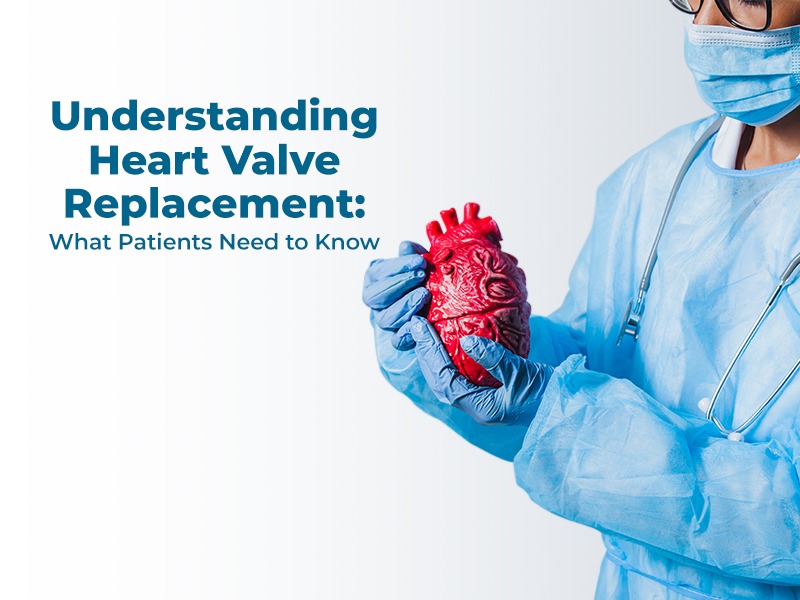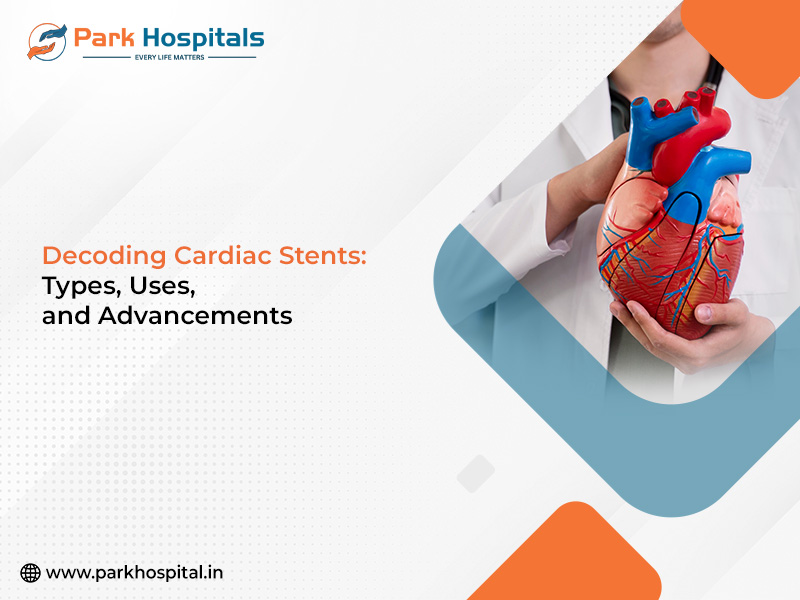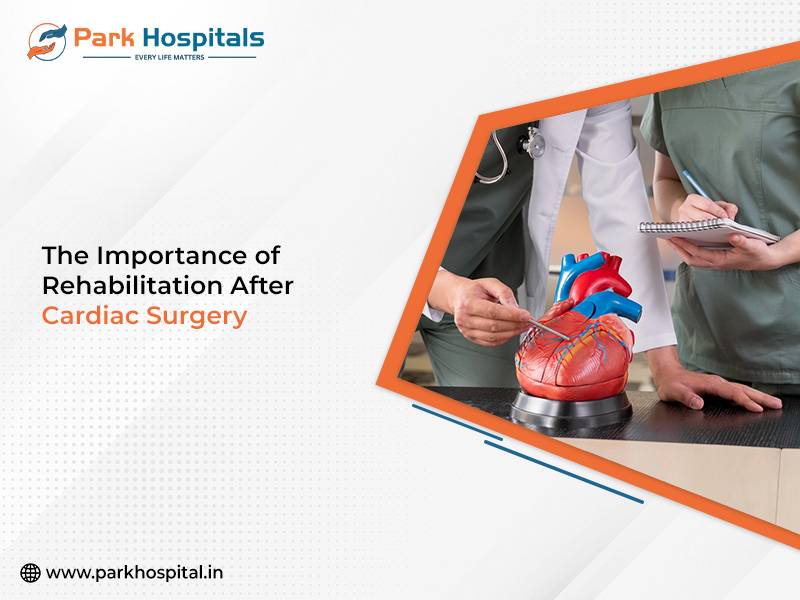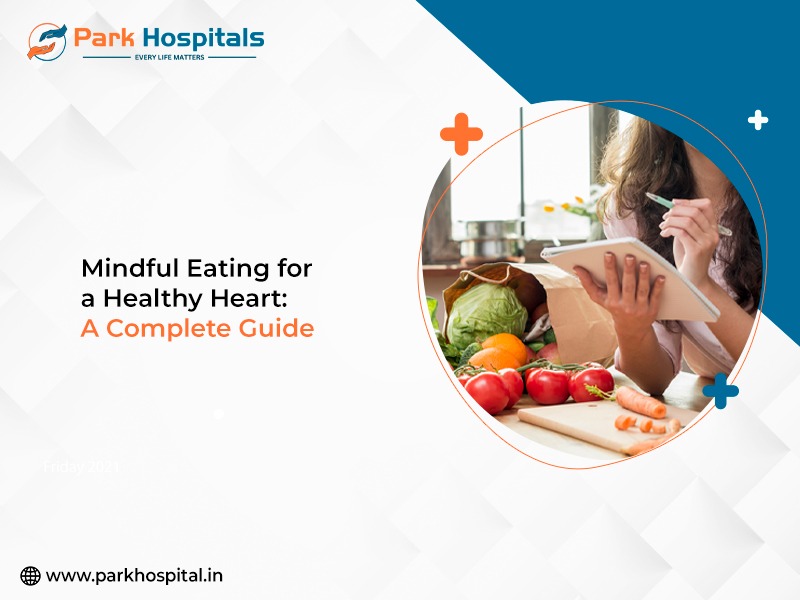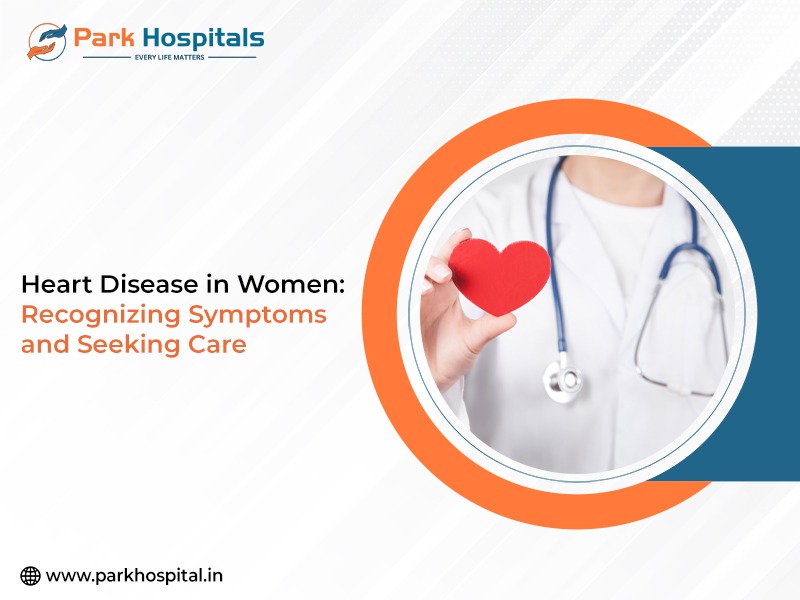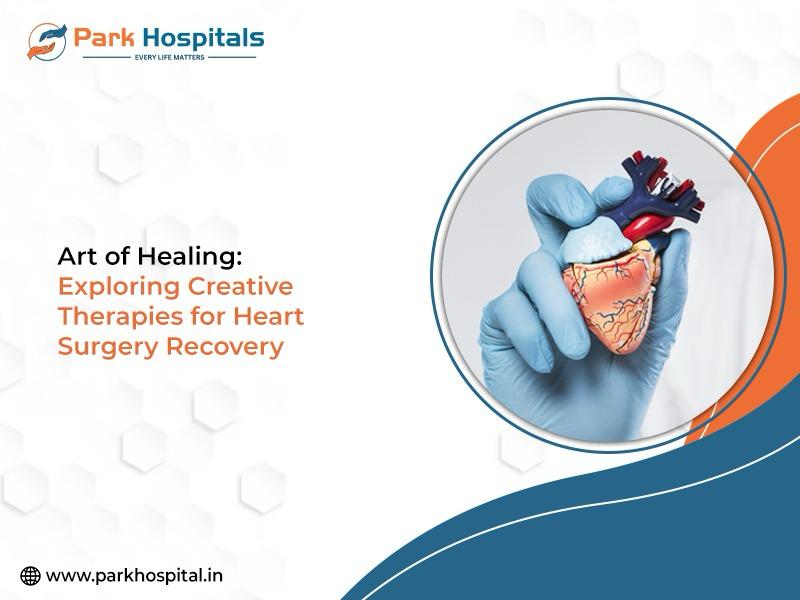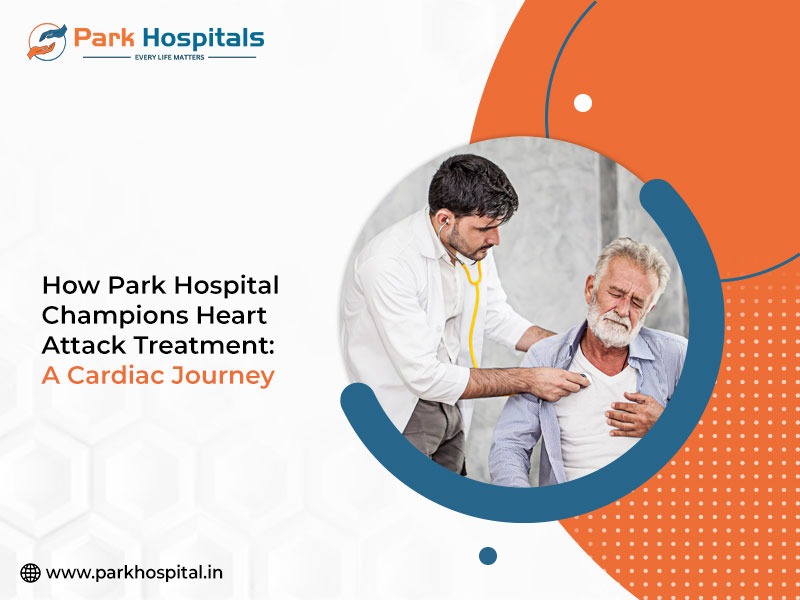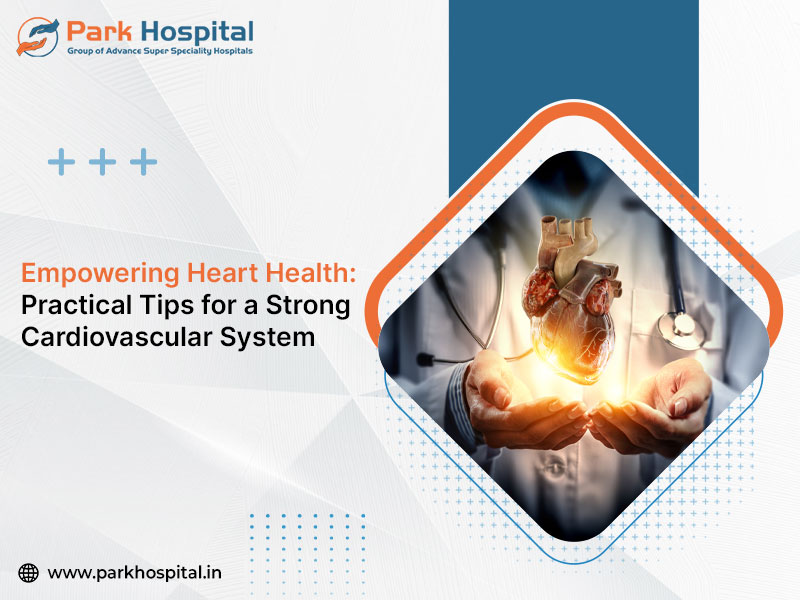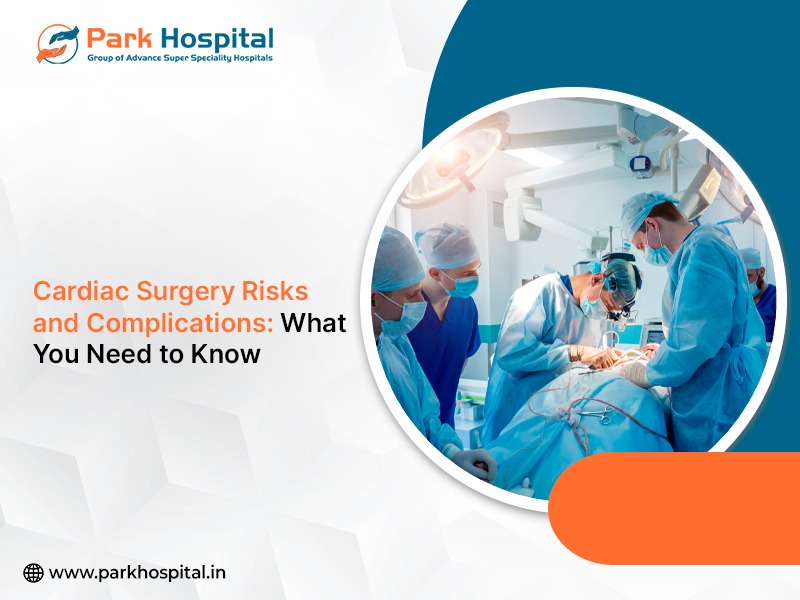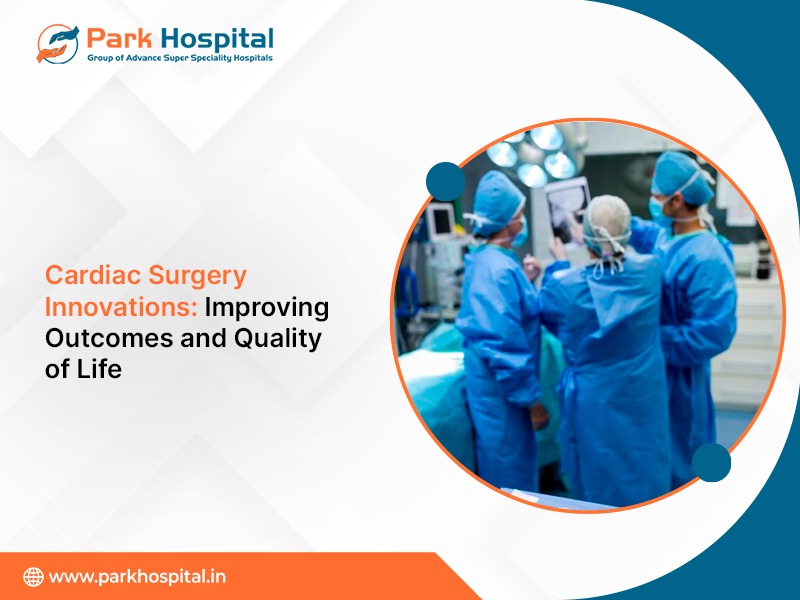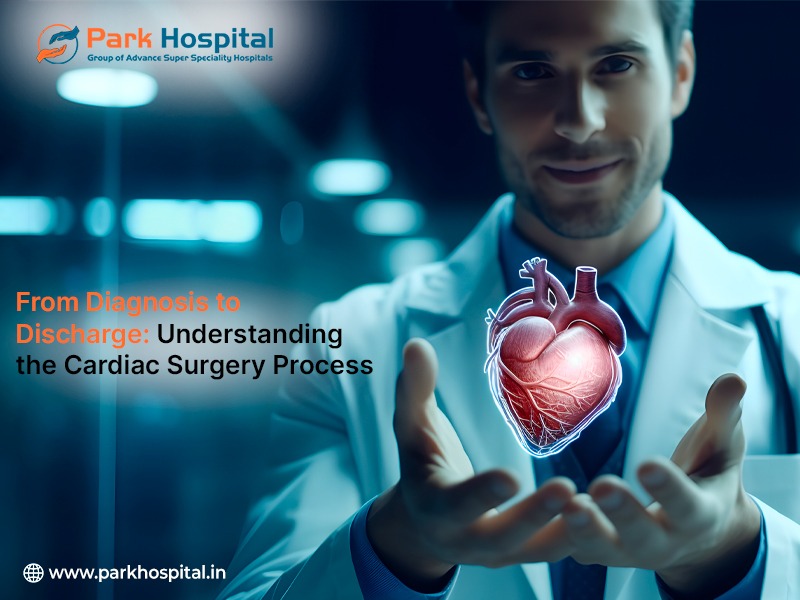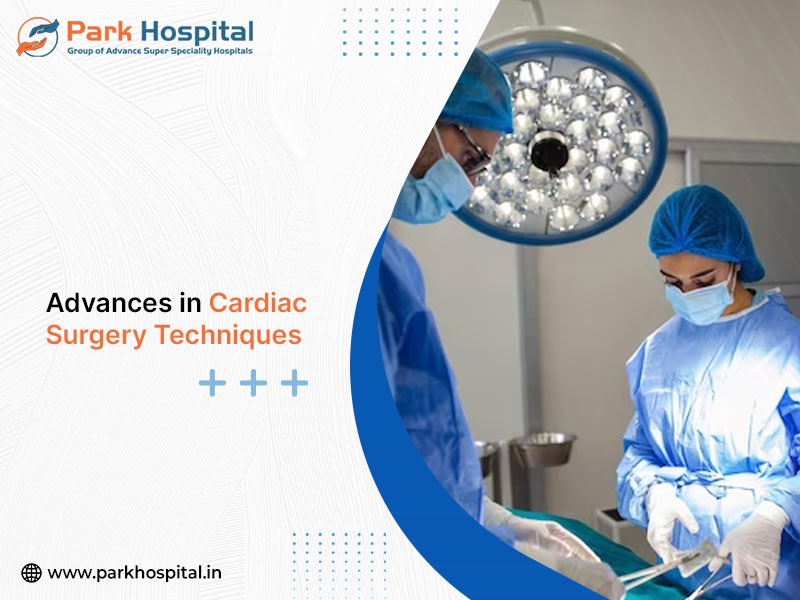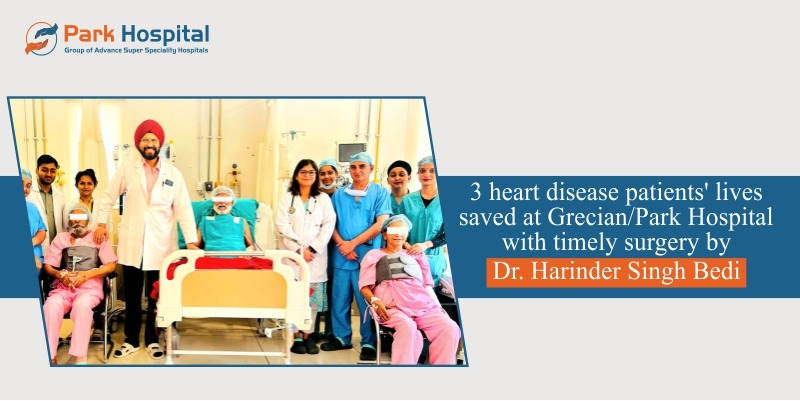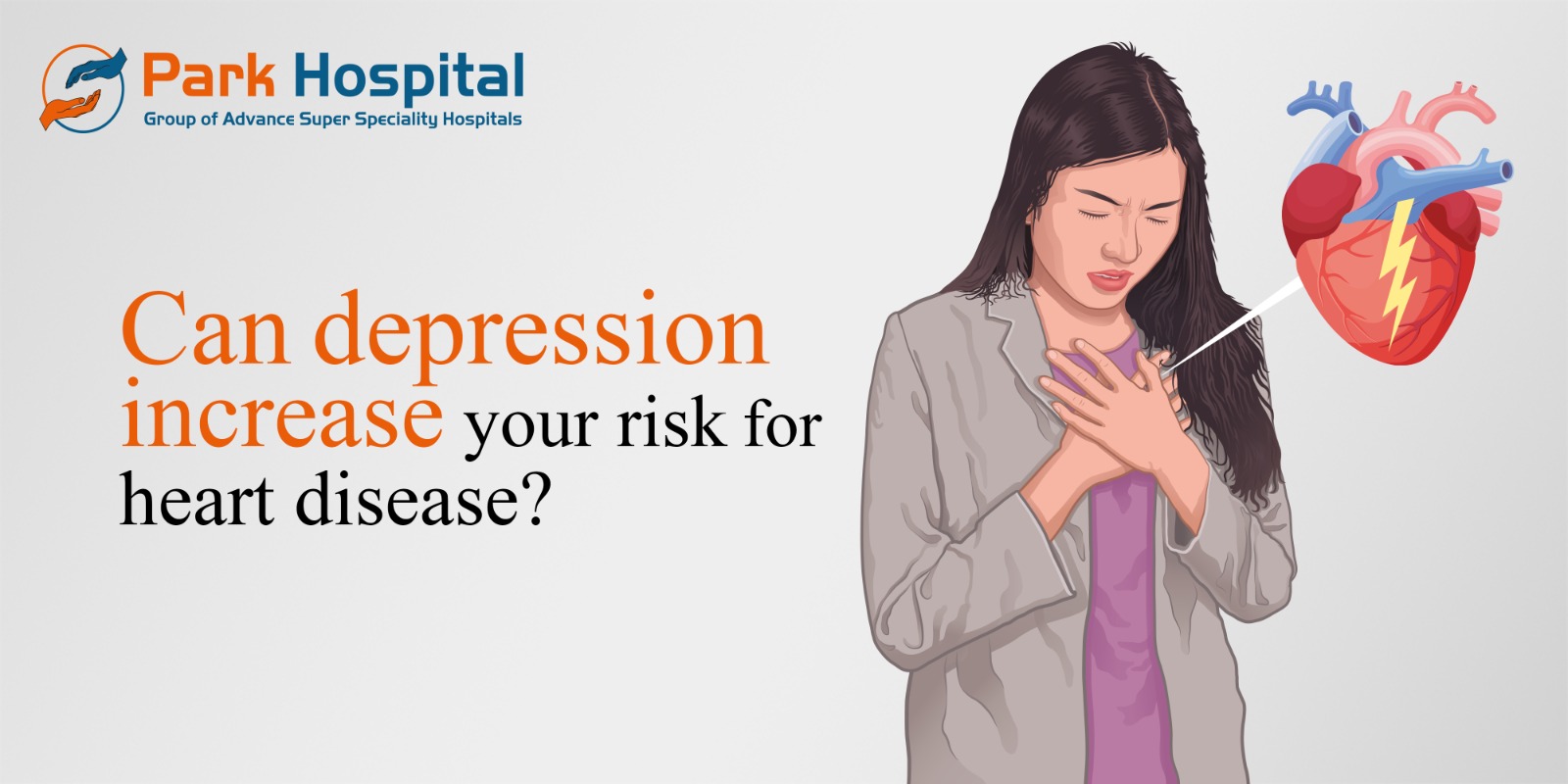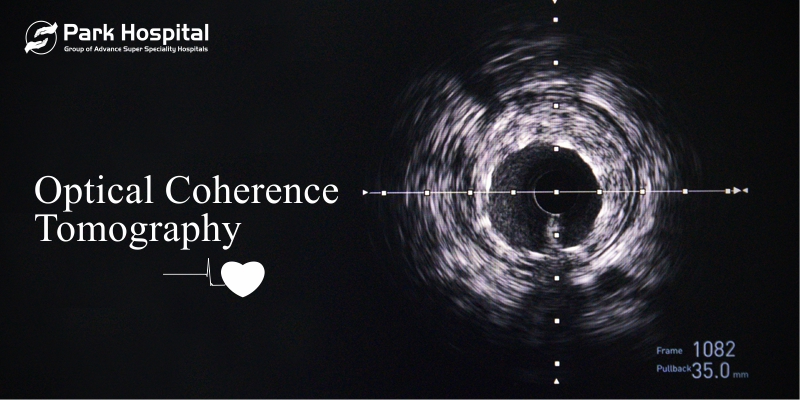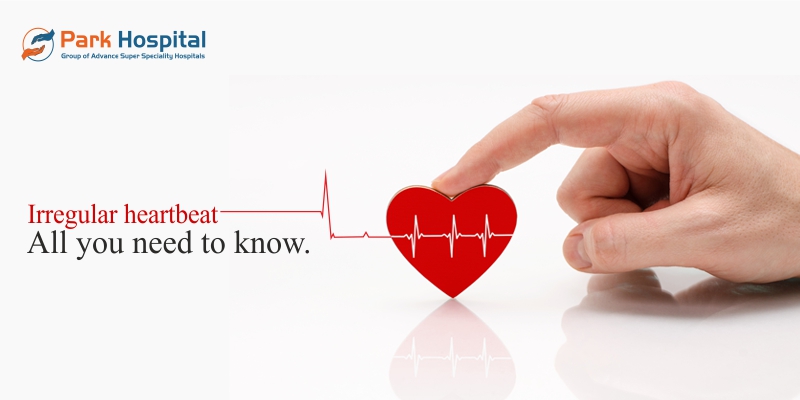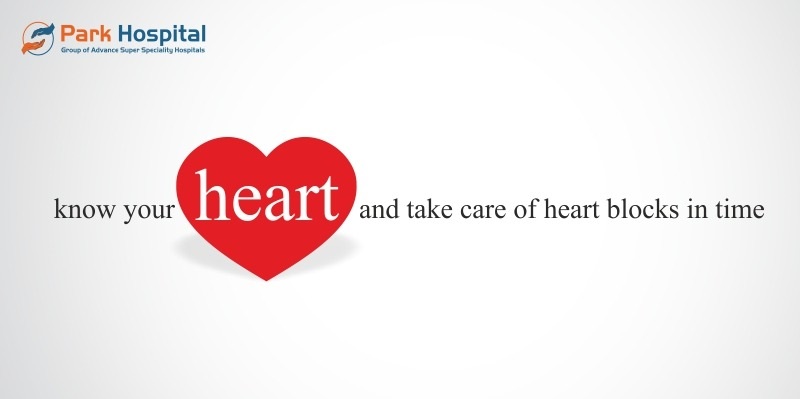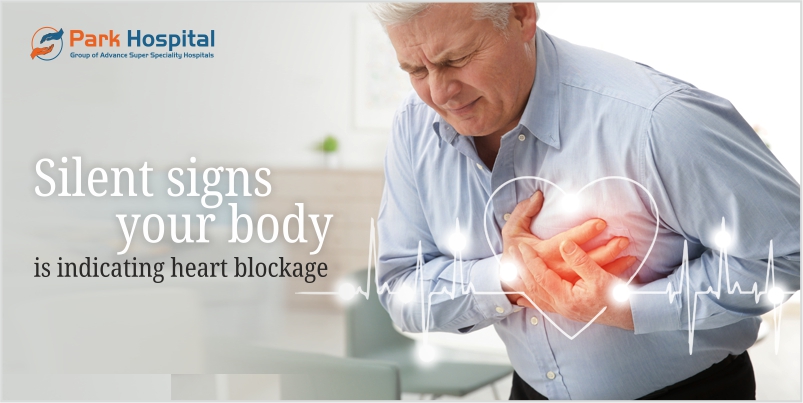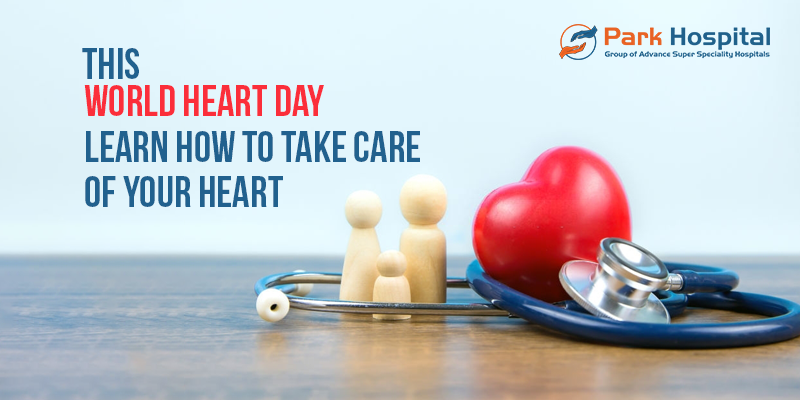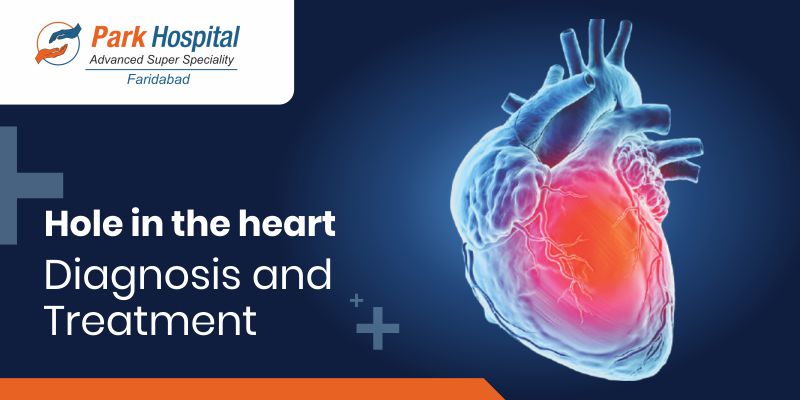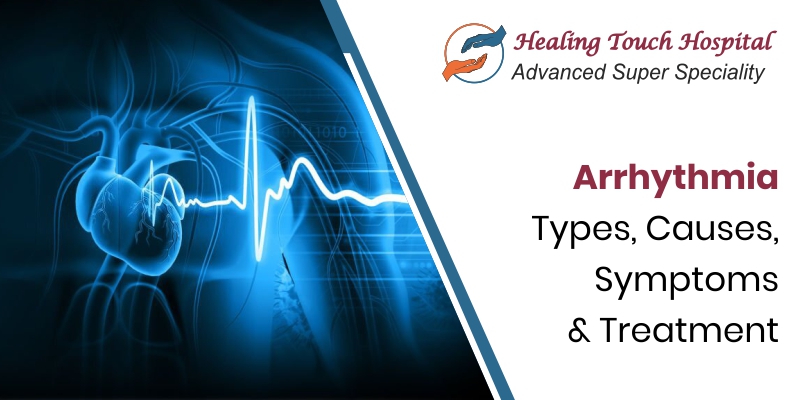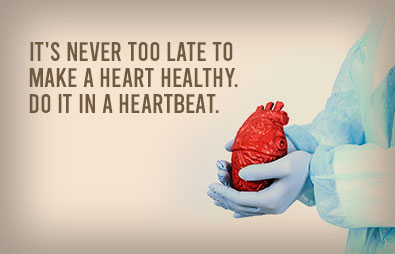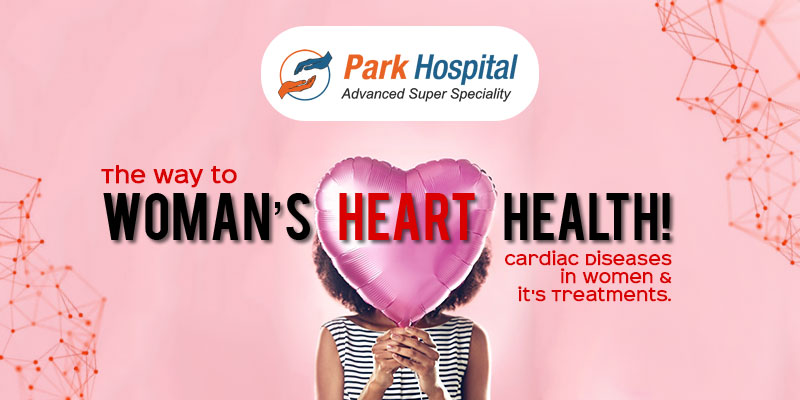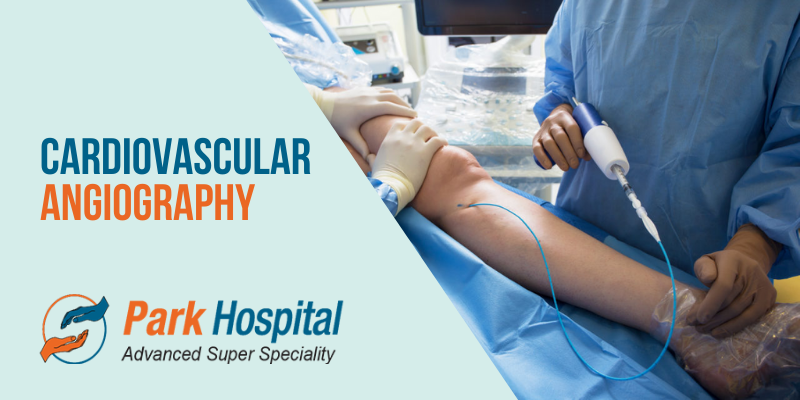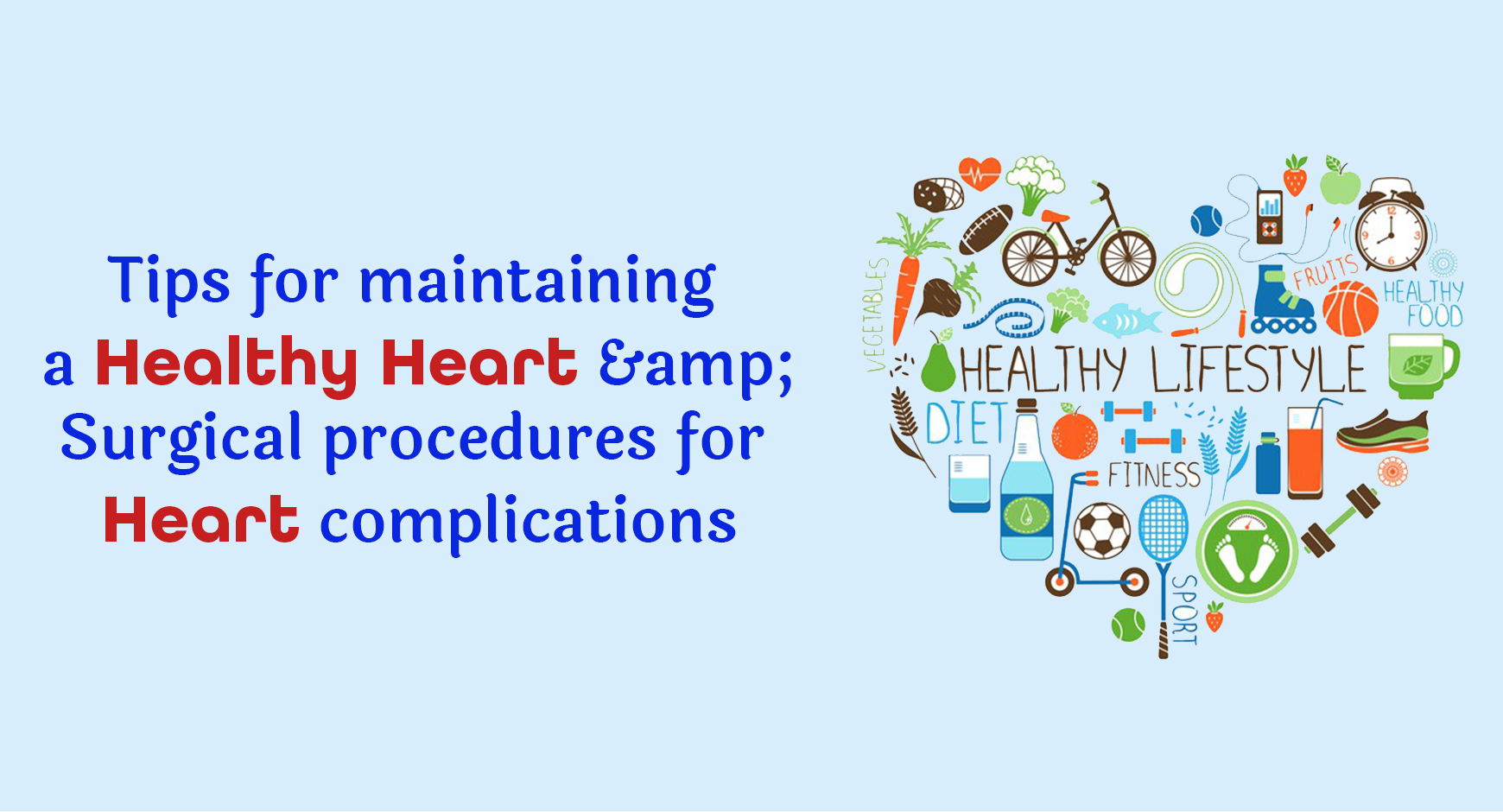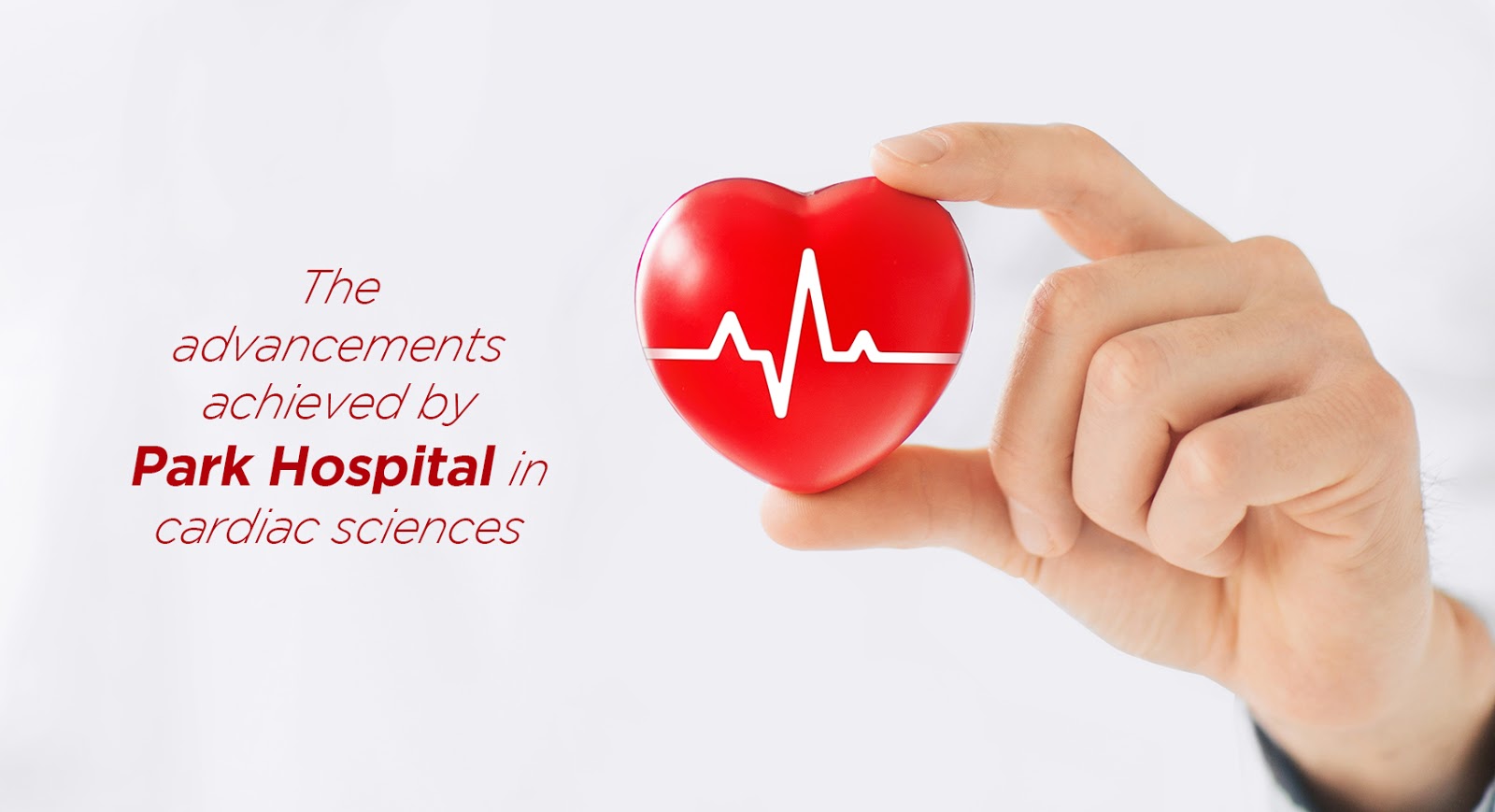Hypertension, or high blood pressure, affects more than a billion people globally and is often called the "silent killer." Hypertension develops slowly, normally over many years, and symptoms generally do not present themselves until significant damage has been done to the heart, brain, kidneys, or blood vessels, therefore, many people are not aware that they are hypertensive until they have had significant damage.
At Park Group of Hospitals, we take hypertension seriously and are dedicated to identifying, treating, and managing this condition long term via individual care, lifestyle changes as well as advanced diagnostics. Our goal is not to just treat, but also educate our patients to grab the opportunities to be in charge of their health.
In this article we will cover everything you need to know about hypertension, its causes, symptoms, risks associated with it, treatment options, and how you can lower blood pressure in a safe and natural way.
What is Hypertension?
Hypertension (also called high blood pressure) occurs when the force of blood inside the arteries pushes consistently too hard against the walls of the arteries. In time, this pushing causes the arteries to stretch and damage, leading to complications like heart attack, stroke, and kidney failure.
Blood Pressure Range
Blood pressure is measured with two numbers:
● Systolic pressure (upper value): This refers to the arterial pressure experienced during the heart’s contraction phase, when it actively pumps blood.
● Diastolic pressure (lower value): This indicates the arterial pressure measured when the heart is in a relaxed state between beats.
There are several normal blood pressure ranges:
● Normal:120/80 mmHg
● Elevated: 120-129/<80 mmHg
● Stage 1 Hypertension: 130-139/80-89 mmHg
● Stage 2 Hypertension: ≥140/≥90 mmHg
● Hypertensive Crisis: ≥180/≥120 mmHg (medical emergency)
What causes Hypertension?
Hypertension cause can be primary (essential) or secondary.
Primary Hypertension
● Most common (90-95% of cases)
● Develops gradually over years
● No single identifiable cause
Secondary Hypertension
● Caused by another condition
● Appears suddenly and causes higher BP
● Causes include:
o Kidney disease
o Thyroid or adrenal disorders
o Sleep apnea
o Medications like NSAIDs, birth control pills
Causes and Risk Factors of High Blood Pressure
Several risk elements may lead to the development of Hypertension
Modifiable Risk Factors:
● High sodium diet
● Sedentary lifestyle
● Smoking and excessive alcohol use
● Obesity or being overweight
● Chronic stress
● Poor sleep quality
Non-Modifiable Risk Factors:
● Family history
● Age (risk increases after 45)
● Ethnicity (more common in South Asians and African descent)
● Gender (men are more likely before age 65; women after 65)
Hypertension Symptoms:
A lot of people with high blood pressure do not recognize symptoms until their blood pressure reaches severe or life-threatening levels. There are a few common high BP symptoms related:
● Headaches (particularly in the morning)
● Dizziness or light headedness
● Blurred vision
● Nose bleeds
● Fatigue
● Chest pain or shortness of breath
Pro Tip: If you are feeling "off" for no reason, check your Blood Pressure. A simple action today can help you avoid a major issue tomorrow.
Blood Pressure by Age:
Blood pressure naturally varies with age:
It is important to stay in normal BP range at all stages of life to prevent complications later.
Why is Hypertension Dangerous?
If untreated, hypertension can quietly cause:
● Heart disease (heart attack, heart failure)
● Stroke and brain damage
● Kidney failure
● Eye damage (hypertensive retinopathy)
● Peripheral artery disease
High blood pressure makes your heart work harder. Over time, this weakens the heart muscle and damages arteries, making cardiovascular events more likely.
How to Lower Blood Pressure Naturally?
Many patients at Park Group of Hospitals are able to reduce blood pressure significantly with lifestyle changes:
1. DASH (Dietary Approaches to Stop Hypertension) diet
● Load your plate with fruits, veggies, whole grains, and low-fat dairy
● Low in saturated fats, red meats, and sodium
● Indian version includes dal, bhindi, palak, brown rice, and curd
● Limit pickles, papads, and street food
2. Exercise Regularly
● 30 minutes/day, 5 days/week
● Brisk walking, cycling, swimming, or yoga
● Increases blood vessel flexibility and lowers systolic pressure
3. Lose Excess Weight
● Every 1 kg lost = ~1 mmHg drop in BP
● Target BMI: 18.5–24.9
● Waist circumference: <90 cm (men), <80 cm (women)
4. Reduce Salt Intake
● <1,500–2,300 mg sodium/day
● Read food labels and avoid salty snacks
● Use herbs and lemon instead of salt
5. Manage Stress
● Mindfulness, meditation, yoga, breathing exercises
● Limit screen time, maintain work-life balance
● Seek counselling if needed
6. Cut Down Alcohol & Quit Smoking
● Alcohol: ≤2 drinks/day (men), ≤1 drink/day (women)
● Smoking: Quitting reduces stroke risk by 50% in a year
Hypertension Treatment Options
If healthier habits like eating well, exercising regularly, and managing stress levels are not enough to control your blood pressure, your doctor may suggest starting medication.
Doctors choose blood pressure medications based on your age, health conditions, and how high your readings are. Some of the main types include:
● ACE Inhibitors- These relax your blood vessels by blocking a chemical that causes them to tighten. For example: Enalapril.
● ARBs (Angiotensin II Receptor Blockers)- These block the action of angiotensin II, helping your arteries stay open. Example: Losartan.
● Calcium Channel Blockers- These stop calcium from entering the heart and vessel walls, which helps the arteries remain flexible. Common choice: Amlodipine.
● Diuretics- Often called “water pills,” they help your body get rid of excess salt and fluid, lowering blood pressure. For instance: Hydrochlorothiazide.
Note: Please don’t adjust or stop your blood pressure medications on your own. Always speak with your doctor before making any changes to your treatment.
Monitoring & Follow-up:
● Home BP monitoring with a digital cuff
● Doctor’s visit every 3-6 months
● Routinely tests: ECG, kidney function, lipid profile
How Park Group of Hospitals Supports Hypertension Management?
At Park Group of Hospitals, we believe in preventive care and lifestyle-first interventions.
We offer:
● Hypertension clinics with cardiologists and dieticians
● Customized plans for diet, exercise, and medication
● Teleconsultations for monitoring remotely
● Workplace wellness programs and public screenings
● Support groups for chronic condition management
You are not just a patient for us. We treat you like a partner in your health journey.
Conclusion
Hypertension is treatable and often preventable. You can live an active, full life and be as healthy as possible with early diagnosis, lifestyle changes, and medical assistance.
At Park Group of Hospitals, we are here to walk with you step by step as you improve your heart health. Get your blood pressure checked today; one simple reading could save your life.
Frequently Asked Questions (FAQs)
1. What exactly is hypertension, and should I be concerned about it?
Absolutely. Hypertension means your blood pressure remains higher than it should be over time. This can silently harm critical organs such as your heart, kidneys, and brain; often without showing any immediate symptoms.
2. Are there early warning signs of high blood pressure?
Most individuals don’t notice any signs, which is why it’s often called a “silent killer.” However, some people might experience headaches, tiredness, or episodes of light-headedness.
3. How frequently should I monitor my blood pressure?
● If your readings are within the normal range: once every 6 months is enough.
● If you are on medication or have borderline readings: check it every 2 to 4 weeks, or as advised by your doctor.
4. Is high blood pressure only caused by stress?
No, while stress does play a role, it’s just one of several factors. Your diet, weight, sleep patterns, genetics, physical activity levels, and even certain medications can all influence your blood pressure. It’s a mix, which is why treatment often combines more than one approach.
5. What's the normal BP range for seniors?
Less than 140/90 mmHg is acceptable for most seniors, but personalized targets may vary.
6. Will I need to take medication for high blood pressure for the rest of my life?
It depends. If your blood pressure is significantly high or tied to other health issues, long-term medication may be necessary. But for others, especially those with borderline readings, consistent lifestyle improvements might reduce or even remove the need for medication over time. At Park Group of Hospitals, our team works closely with each patient to explore all safe, long-term options.

